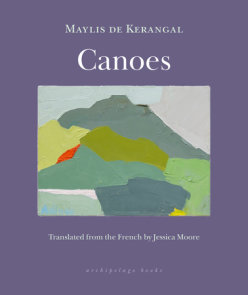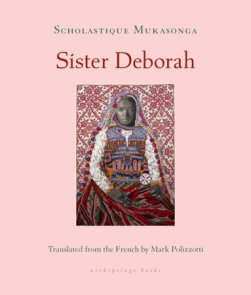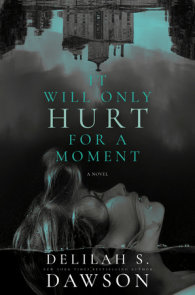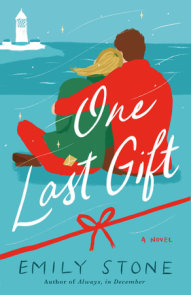READERS GUIDE
Questions and Topics for Discussion
1. Carol Shields spoke of becoming a writer because there weren’t enough books that examined women’s friendships and women’s inner lives — or, as she put it, “the kind of book I wanted to read but couldn’t find.” In what ways does Shields’s fiction bring the lives of women to the surface, or into our understanding? What sorts of female experiences does she illuminate?
2. In her novels and stories, Shields often experiments with using different voices. The Stone Diaries shifts between first-, second-, and third-person narrative; one section of Larry’s Party is recorded almost entirely in dialogue; Happenstance is a novel in two parts, one narrated by the husband, one by the wife; the stories in Various Miracles come from a wide variety of narrative standpoints. Discuss point-of-view in Shields’s works, and the importance of telling one’s own stories — as characters or in real life. Also, what is the role of the writer in telling other people’s stories for them?
3. Though she’s lauded as a writer who brought the lives of ordinary people to the page and made them extraordinary, Carol Shields took some exception to the idea in one interview: “I have never known what ‘ordinary’ people means! I don’t think I quite believe in the concept…. There’s no one who isn’t complicated, who doesn’t have areas of cowardice or courage, who isn’t incapable of some things and capable of great acts. I think everyone has that capability. Either we’re all ordinary or else none of us is ordinary.” Discuss the role of ordinary life in Shields’s fiction. How do her above views come across in her writing? Is there a respect for the everyday that you don’t see in works by other writers?
4. Shields once commented that she’d often set up the structure of a novel, determining such elements as how many chapters there would be, and how long they’d be, before she even set out to write. “I need that kind of structure,” she explained. “[S]ometimes I change it. But mostly I don’t.… I love structures, and I love making new structures for novels.” Discuss the overall structures of different novels and how they relate to the content. For example, does Larry Weller’s love of garden mazes say anything about the twenty years of his life covered by Larry’s Party? What meaning can be found in the one-word chapter titles of Unless? How does Shields use, or even undermine, the biography format in The Stone Diaries?
5. “I’m concerned about the unknowability of other people,” Shields once said. “That’s why I love biography and the idea of the human life told or shown. Of course, this is why I love novels, too. In novels, you get to hear how people are thinking. That’s why I read fiction.” How does Shields expose and often celebrate the inner lives of her characters? Can you find examples of characters who aren’t really known to those around them? How do their relationships suffer, or thrive, or even just survive, in the face of such distance?
6. How does what you know about Carol Shields as a person affect your reading of her books? Are you able to separate the author from her work? Do you feel the need to? What parallels can you draw between her approach to life and those of her characters? For instance, most of her main characters are women at mid-life, and many of her characters are writers or work in other areas of book publishing (translators, editors, etc.).
7. In interviews about Larry’s Party, Carol Shields commented more than once that men were “the ultimate mystery” to her. Discuss the male characters in Shields’s fiction — both those in prominent roles, like Larry Weller in Larry’s Party or Tom Avery in The Republic of Love, and the many husbands and lovers that seem to populate the sidelines of other stories and novels. How successfully does Shields portray the world of men in her work? Are there common characteristics you can trace between books? Are some of her male characters defined by the women they love? Or is it more often the other way around?
8. Many of Carol Shields’s works explore the ways individuals interact with their communities. Some characters are defined by their loneliness, while others struggle with their responsibilities to the people around them, whether it’s their family or a larger group. Discuss the roles of family and community in Shields’s fiction.
9. Carol Shields has always been well-known for her love of language, and its slipperiness. In what ways does her writing call attention to itself as writing? Are there particular stories or novels that you find playful? Or linguistically complex?
10. Author and literary journalist James Atlas, who edited the series for which Shields wrote her Austen biography, once said about Carol Shields, “she is our Jane Austen.” Compare Shields’s fiction to that of Austen — are there common themes or techniques? What other major authors would you compare Shields to, and why? Where does her work fit into our literary canon?




















